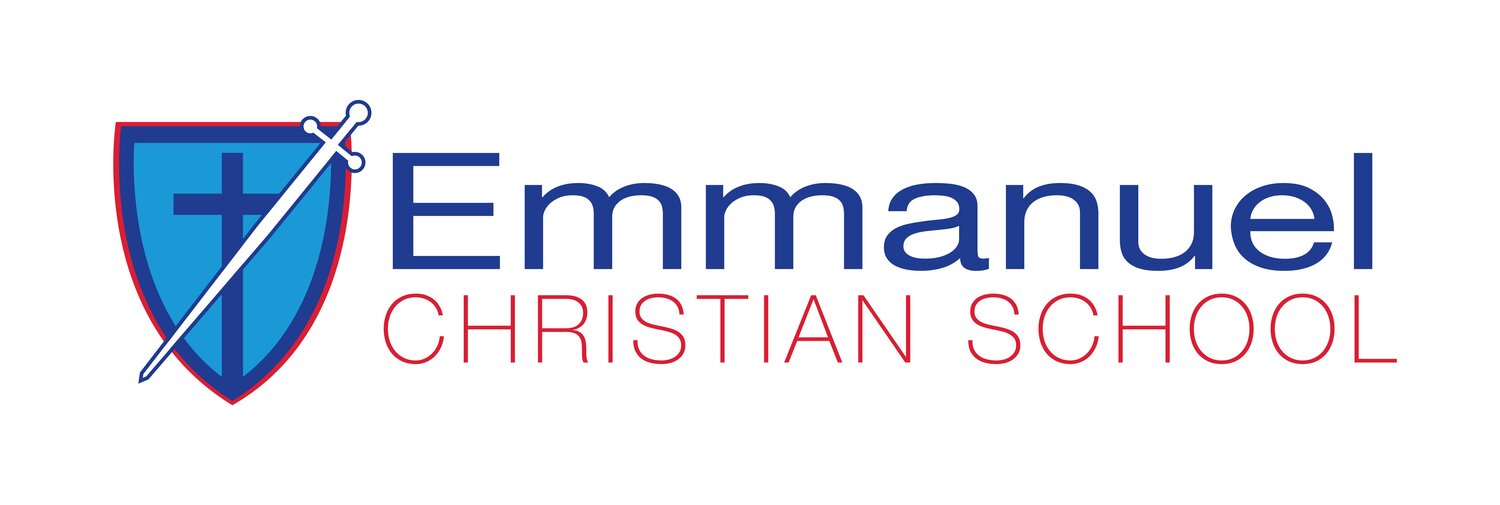A prominent educationist Manu Kapur urges us to reframe our notion of failure whilst encouraging us to suppress the instinct to jump in and save the day when students experience challenges.
Kapur believes that such impulsive reactions put us on the wrong side of learning and good teaching. Kapur’s maxim is if you are not failing, you are not learning! As a school two of our values are hope and courage, the former being a core School value, the latter an aspirational school value. For us, courage entails strength in the face of pain or grief and hope is deep-seated confident expectancy based on trust. These two values as we expose them enable us to reframe failure and allow us to persevere in the face of adversity, untenable circumstances, and failure.
As our students complete the year, some of them are coming to the realisation they may not have attained the outcomes they were expecting or that they set out to achieve. Even though we are nearing the year end, some of us are only now waking up to the reality of having missed our New year’s resolutions. As a school, we had our operational plans and strategic goals with earmarked performance indicators, some of which we know we have failed to materialise. This can lead to feelings of frustration, confusion, and loss. In these circumstances and with these emotions there is a revelation that we need to apprehend “for the righteous falls seven times, and rises again” Proverbs 24:16. The Godly aren’t promised freedom from losses, trials, failures, and attacks of the enemy even when the Lord watches over His children. He promises to be with us in our troubles and failures and to deliver us and honour us (Psalm 91:15). What we can learn from this is that failing and trying are instructive. As athletes hone their skills and work for that gold medal they often struggle, fall down, and lose. It is a messy affair. However, this messy affair of failure creates a powerful incentive for them to exert themselves, self-correct and eventually win. The initial failure is turned into something productive – productive failure.
As teachers, we employ this technique by presenting our students with carefully designed problem-solving activities instead of diving directly into explicit teaching. As students grapple with the problem, they generate incorrect ideas and ultimately end with solutions that are close to the optimal or correct solution. As students flounder and collectively brainstorm on solutions they build awareness and the learning effect – the desire to learn. These events suggest that when failure hits the sweet spot, deep learning occurs. For us, our sweet spot is that failure when it happens activates hope and courage. Instead of becoming despondently discouraged and clawing back in fear we get back onto our feet and spring back into action. With hope and courage, we are resilient which is a blessing for us as God’s children. Though we stumble and fail we rise again. The Lord directs the steps of those who fear Him and holds them by the hand. Thus, when we fail and fall we can say “Do not gloat over me,…for though I fall, I will rise again” (Psalm 37:23–24).
Failure in its various manifestations and in God’s presence is a safely curated opportunity for hope and courage to be rewarded. Failure is productive in that it is a divinely choreographed platform for making real and meaningful progress. We can trust wholly in the Lord because He rescues us from all our failures. We may fall seven times, but the Lord hears our cries. He upholds us when we stumble. He lifts us out of the mud and mire and sets our feet on solid ground. Through hope and courage let us see failure as productive because though we fall, we RISE.
Lifeas Kapofu — Principal








